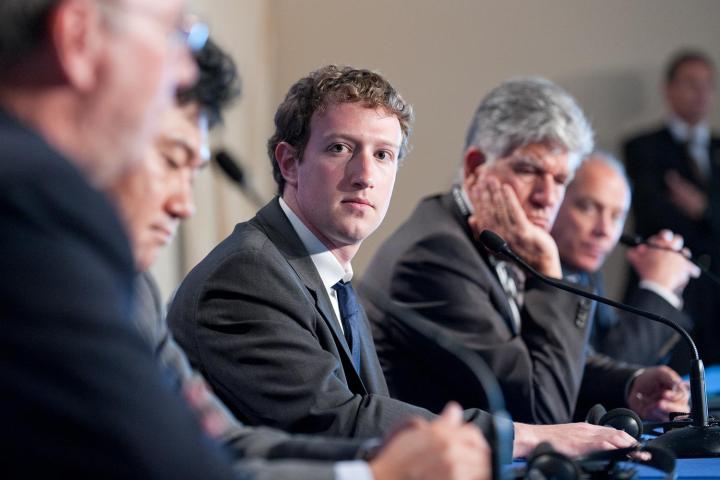
“Platforms like Facebook have grown quickly to become global forces. But with that size comes responsibility.”
The company’s rapid expansion and enormous database of user data has raised significant questions regarding the legitimacy of Facebook’s practices, particularly when it comes to shutting out competition. The EU is growing increasingly skeptical, as
Facebook is by no means the first American tech company to be dinged for such practices, but unfortunately, Zuckerberg and his colleagues don’t seem to have learned from history. As the New York Times reports, Intel, Microsoft, and Google have all previously come under fire for violating strict European privacy laws and regulations. Seeing as
In the last five years, Facebook’s presence in Europe has nearly doubled, and according to eMarketer, the social network now has more users in that region than in the United States. With
The latest case agains the Internet company examines the controversial use and collection of user data, which has always been a hotspot for debate. This time, if Facebook is found to have broken European protocol, the backlash will be severe, with the potential for hefty fines or even a change in policy. As Serafino Abate, a director at the Center on Regulation in Europe, told the Times, “Platforms like
Editors' Recommendations
- Study: Facebook is skimping on moderation, and it’s harming the public
- European court decides what Facebook can show to the rest of the world
- Instagram has more ads than ever and it’s all Facebook’s fault
- The FBI wants to get its hands on your Facebook, Twitter, and Instagram data
- Privacy group sues FTC, says $5 billion Facebook fine is chump change


